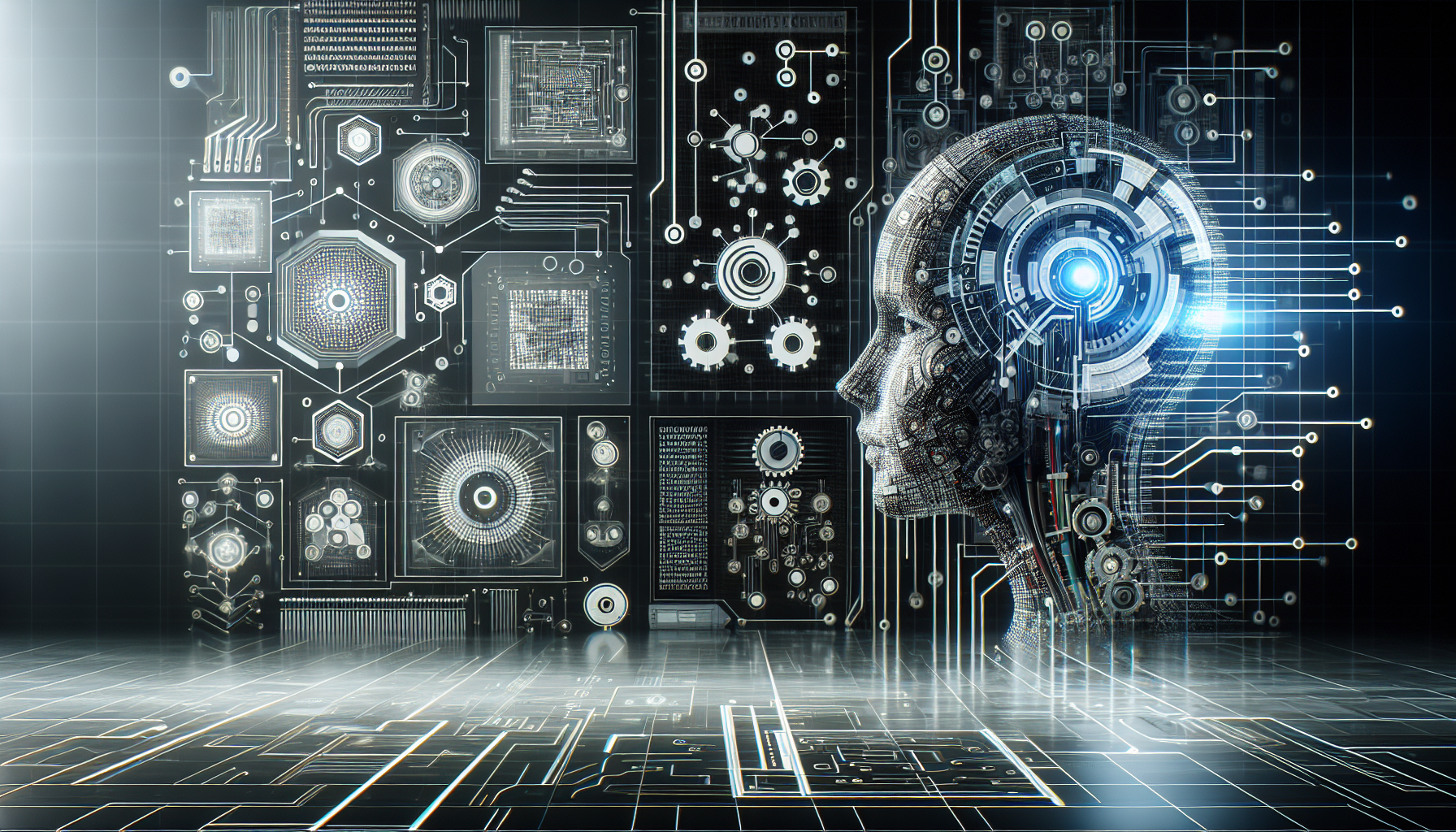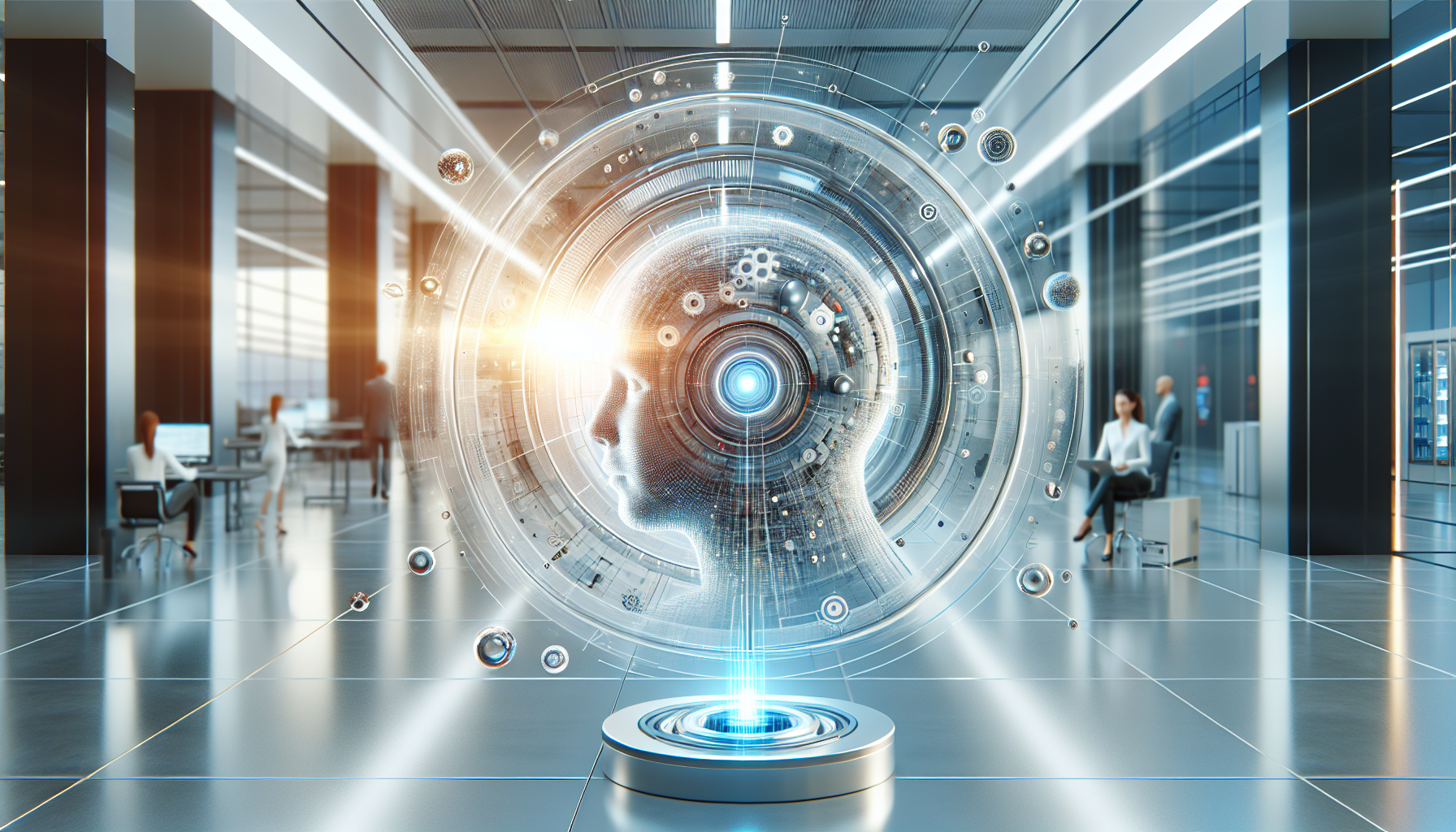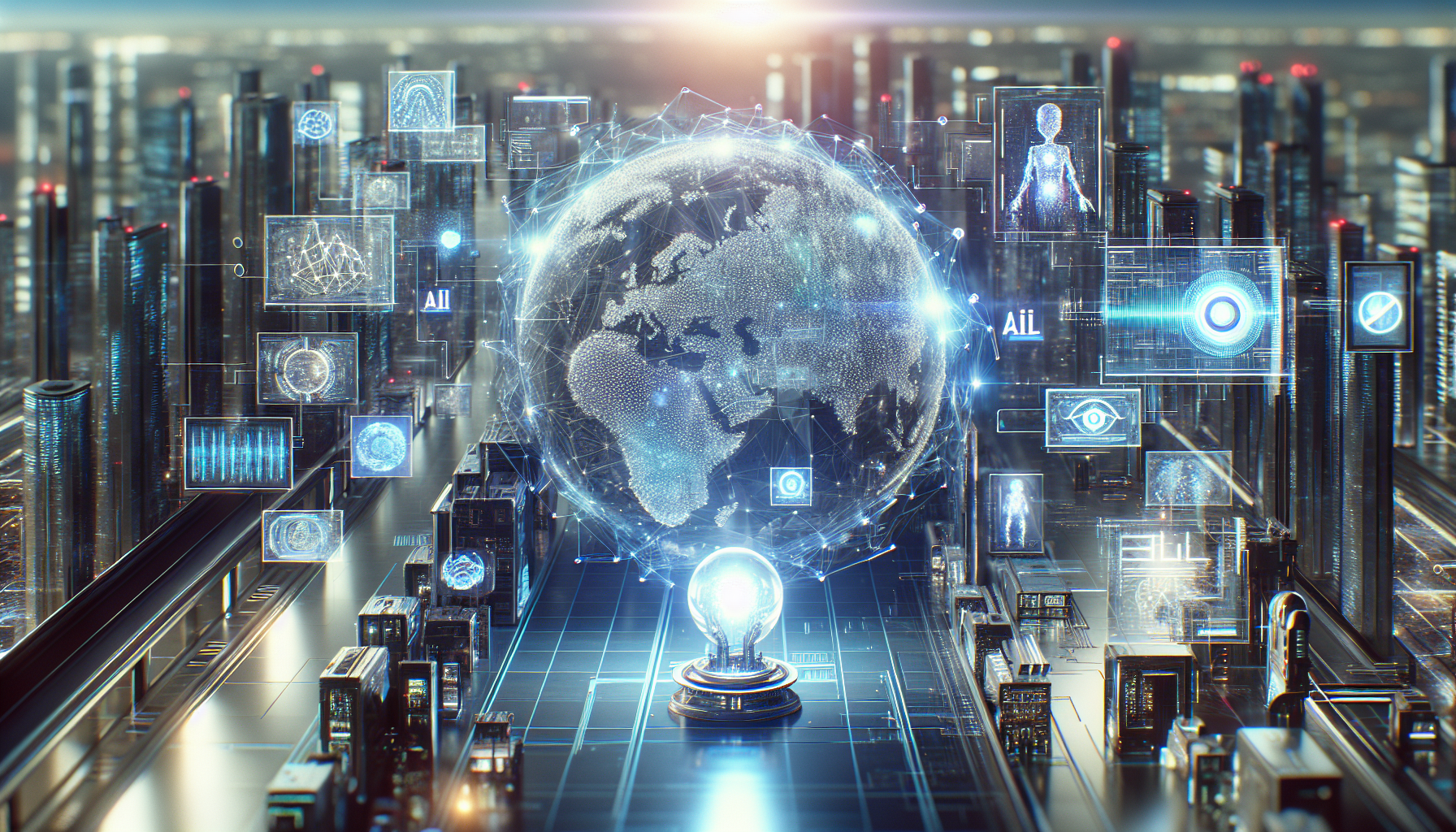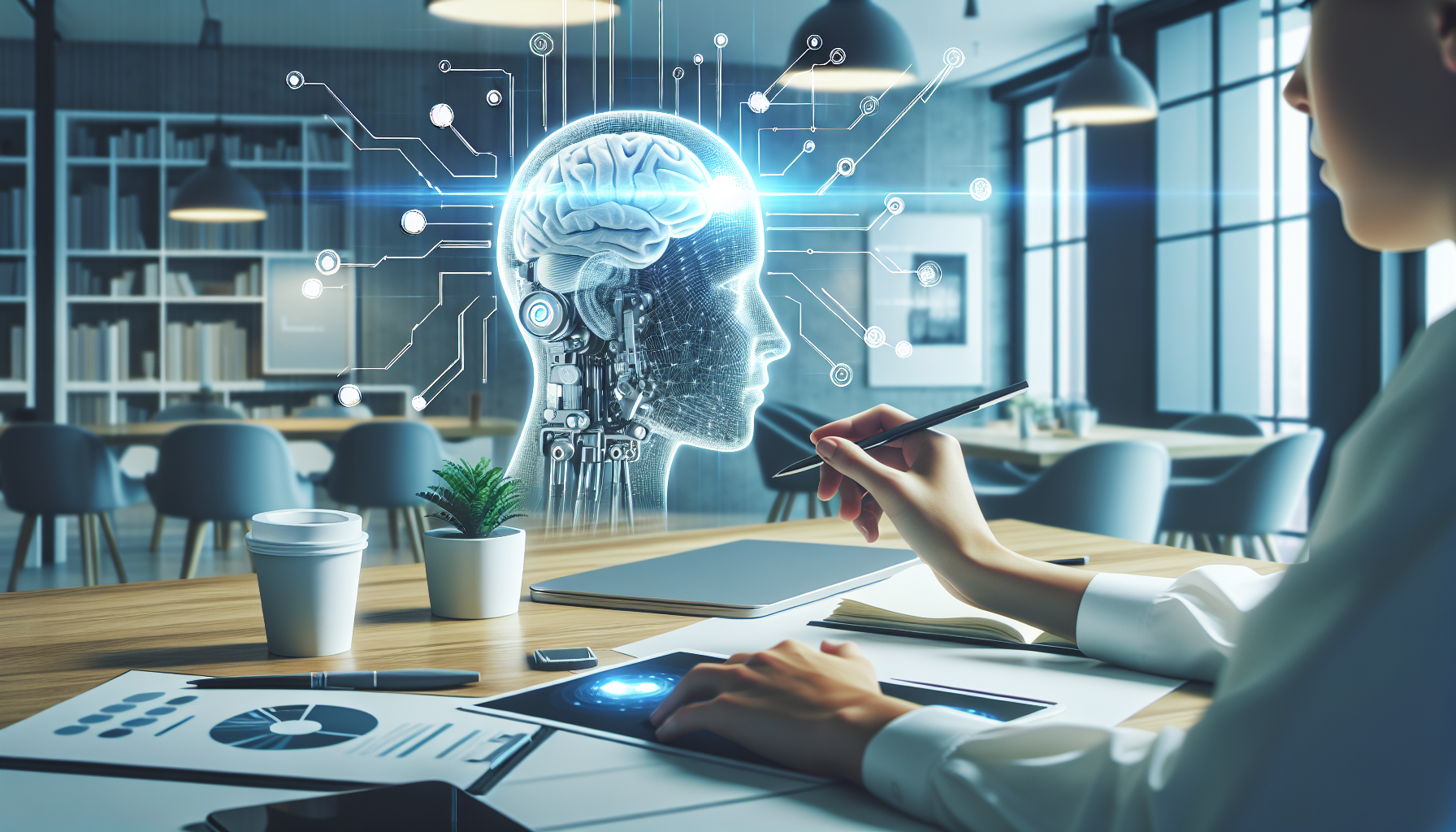
AI in Food Technology: How Intelligent Innovations Are Transforming Agriculture and Dining
February 24, 2025
Artificial Intelligence is not just the stuff of futuristic movies or tech-company boardrooms; it is revolutionizing something as fundamental and universal as the food on our plates. From the fertile fields where crops are sown to the sophisticated kitchens where meals are crafted, AI is quietly but profoundly reshaping our approach to food. It's time we recognized the immense potential AI holds in transforming the food industry, not only in improving efficiency but also in promoting sustainability and innovation.
Imagine a world where farming is not left to the whims of weather or the guesswork of planting cycles. AI-powered systems now offer farmers predictive insights drawn from vast datasets. These insights help determine the optimal time for planting and harvesting, ensuring maximum yield and minimal waste. AI-driven drones and robots meticulously monitor crop health, pinpointing areas needing attention and allowing for targeted intervention. The result? Healthier crops, reduced use of pesticides, and a more sustainable approach to agriculture.
But the impact of AI extends beyond just the farm. In the food supply chain, AI streamlines logistics, reducing the time it takes for produce to journey from farm to table. With AI, supply chain managers predict demand fluctuations with remarkable accuracy, minimizing waste and ensuring that fresh products reach consumers in peak condition. This efficiency is not only economically advantageous but also environmentally responsible.
One of the most exciting arenas where AI is making waves is in food innovation. Chefs and food scientists are leveraging AI to explore new flavors and create novel culinary experiences. Algorithms analyze consumer preferences and flavor compounds, suggesting combinations that might never have been considered otherwise. This technology is a boon for those with dietary restrictions, as AI can devise recipes that mimic traditional favorites while adhering to specific nutritional guidelines.
Moreover, AI is a powerful tool in the fight against food fraud and contamination. Blockchain technology, coupled with AI, is being used to track and verify the journey of food products from origin to consumer. This transparency reassures consumers about the safety and authenticity of their food, a growing concern in an increasingly globalized market. AI’s ability to detect anomalies in food production processes means potential issues can be addressed before they escalate into health hazards.
Critics might argue that the integration of AI in food technology could lead to job losses or depersonalize the human touch that characterizes traditional farming and cooking. However, this perspective overlooks the potential for AI to augment human capabilities rather than replace them. Farmers and chefs equipped with AI tools can achieve results that were previously unimaginable, making their work more fulfilling and less labor-intensive. Instead of diminishing the human role, AI has the potential to enhance it, allowing for creativity and innovation to flourish.
While the possibilities presented by AI in food technology are promising, they also demand responsible stewardship. Ethical considerations must guide the deployment of AI to ensure that its benefits are distributed equitably. Small-scale farmers, for example, must have access to AI tools to keep pace with larger operations. Similarly, data privacy and security must remain paramount as AI systems collect and analyze vast amounts of information.
The transformation of food technology by AI is not just a trend; it is a paradigm shift in how we grow, distribute, and enjoy food. The potential for positive change is immense, but it requires us to embrace AI with an open mind and a commitment to ethical innovation. As we sit down to our next meal, we might ponder not just the flavors and textures on our plates but also the intelligent systems that brought them to us.
Could AI in food technology hold the key to solving some of the world's most pressing challenges, such as hunger and climate change? As we continue to explore the intersection of AI and food, the possibilities are as limitless as our imagination.


